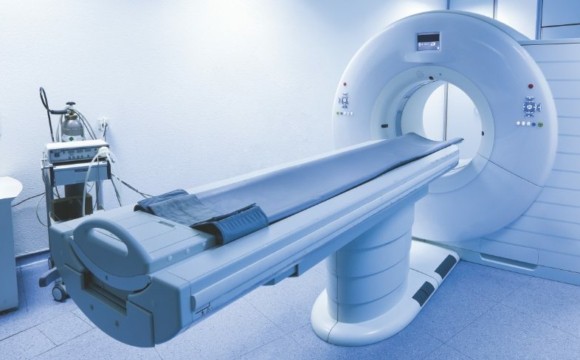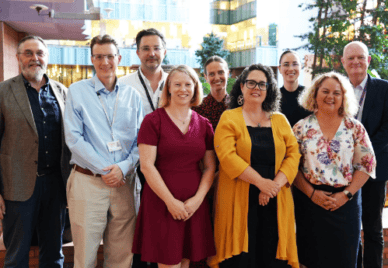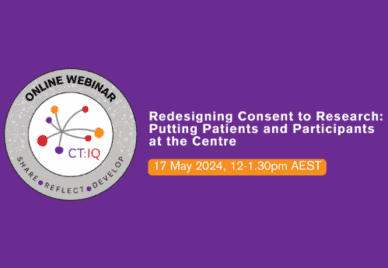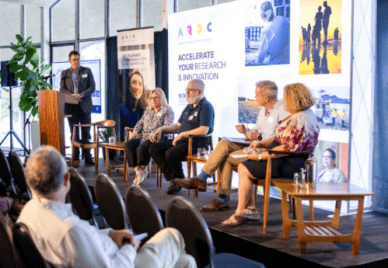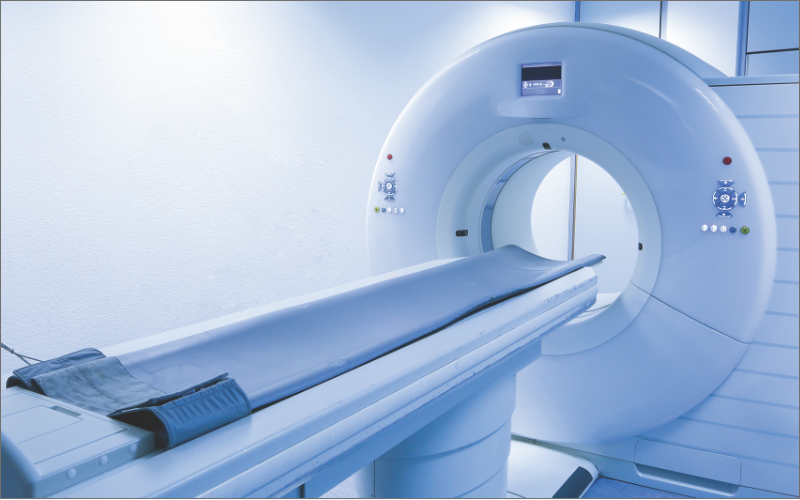
In partnership with the health research community, the ARDC is establishing national infrastructure to enable researchers to securely access and share data from health studies, with an initial focus on clinical trials.
The Health Studies National Data Asset (HeSANDA) program aims to stimulate new data-driven research ideas, increase the impact of health research and ultimately improve the health and wellbeing of Australians. It is one of 6 programs in ARDC’s National Data Assets initiative that is enabling the establishment of strategic partnerships with research communities and institutions to develop a portfolio of national-scale data assets to support leading-edge research.
Health Research Data: Valuable but Underused
Health research studies in Australia produce considerable data that contains information about research participants, their health and their response to interventions being studied.
The data collected in one study can be extremely valuable to other studies. However, the challenges of patient privacy and the naturally siloed approaches of research groups and state jurisdictions have made sharing data challenging. The ARDC is playing a critical role in partnership with the health research community to synchronise efforts, align approaches and build national data capability through HeSANDA.
Through HeSANDA, this untapped trove of health research data will bring immense value to health research, maximising the return on investment of past research and allowing future research to build upon it to improve health outcomes for Australians.
The HeSANDA Design Phase
The design phase of HeSANDA finished at the end of November, which completes the second of 4 phases of the program. The design phase involved working with the health research community to co-design a framework for sharing clinical trials data.

The ARDC worked with experts and representatives for the 9 initial nodes of HeSANDA, which cover 72 health research organisations, health service operators and clinical trial networks from across Australia. Over 90 working group members participated, incorporating feedback from initial consultations, which was received from research trial participants, consumers, researchers, trial organisers.
“We’re pleased to be establishing consensus amongst a very large and diverse group for the design and approach of HeSANDA,” said Dr Kristan Kang, Program Manager for HeSANDA, ARDC.
“We would like to thank all the participants for their valuable contributions to the design phase, particularly:
- Australian Clinical Trials Alliance (ACTA)
- Australian Health Research Alliance (AHRA)
- Australian New Zealand Clinical Trials Registry (ANZCTR)
- Population Health Research Network (PHRN)
- Australian Institute of Health and Welfare (AIHW)
- Australian Genomics
- Australian Research Management Society (ARMS)
- National Health and Medical Research Council (NHMRC).”
Prof Steve Webb, Chair of the Australian Clinical Trials Alliance (ACTA), said, “ARDC has taken a highly collaborative approach to the HeSANDA initiative and we are glad to both represent and help capture the voice of the investigator-led clinical trials sector. ACTA supports the ethical, feasible and valid sharing of clinical trials data for use in further research, toward better health through best evidence.”
The design phase identified a range of coherent data practices to complement the data management infrastructure (see diagram below). Work has begun on developing those coherent data practices, which will provide the clinical trial data community with a common framework for data sharing.
The 9 nodes will now work together to create a nationally distributed network of health data sharing infrastructure in the Development phase, which begins in December 2021 and continues until January 2023, when the program will move to the test and deployment phase. The Nodes will deliver coordinated data services federated at the national level by ARDC’s Research Data Australia service.
HeSANDA will also develop resources for health researchers to support their data management practices, as well as addressing the culture and policy aspects that will support this valuable data infrastructure into the future.
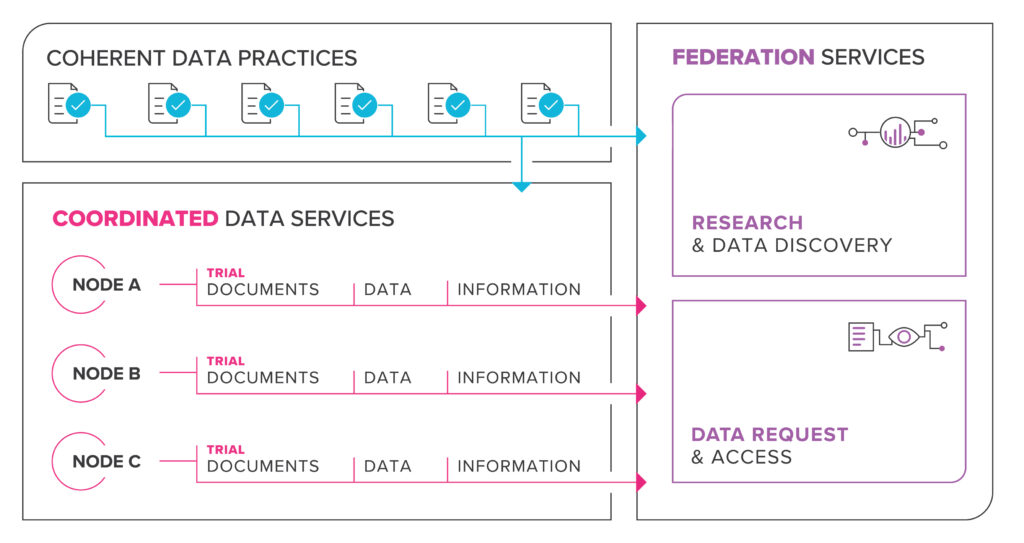
Read the case study on the Health Studies National Data Asset (HeSANDA) program.
The ARDC is funded through the National Collaborative Research Infrastructure Strategy (NCRIS) to support national digital research infrastructure for Australian researchers.

